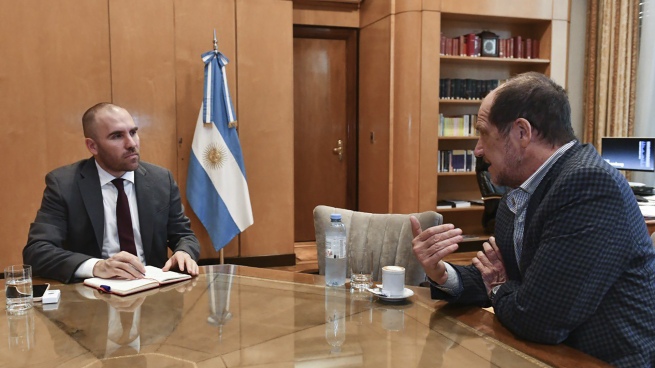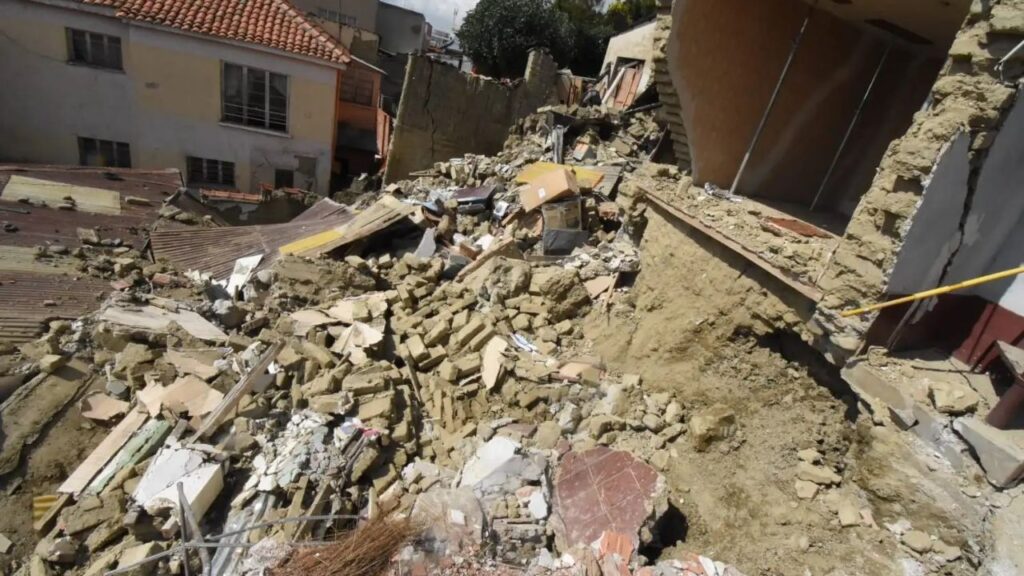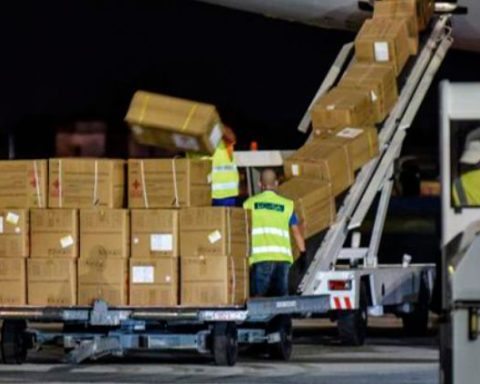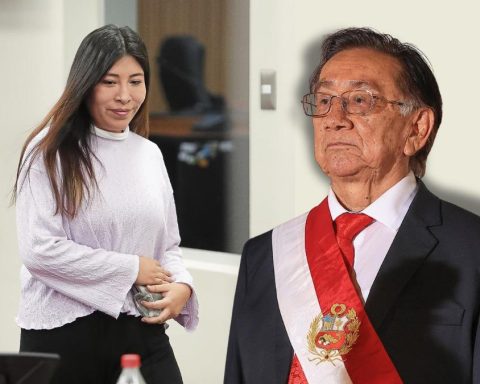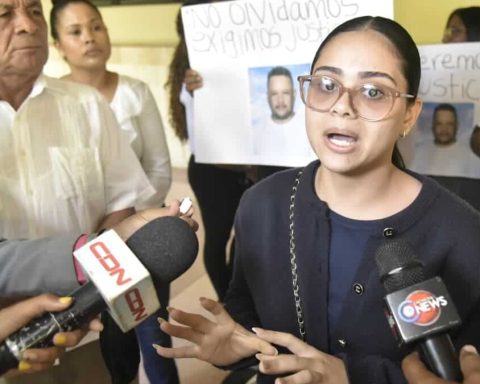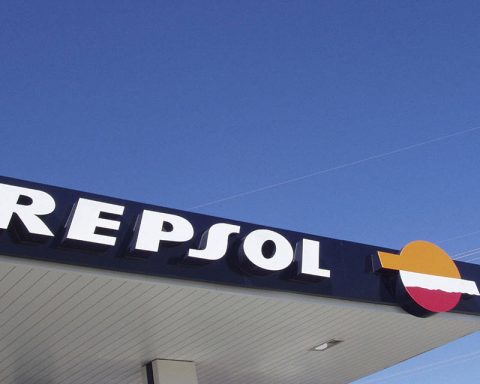The Minister of Economy, Martín Guzmán, met on Wednesday with the Argentine ambassador to Bolivia, Ariel Basteiro, with whom he analyzed the agenda of the negotiations with the neighboring country expand gas supply Argentina receives from the Altiplano.
The conclave took place in the Palacio de Hacienda and there began to define the agenda of the bilateral negotiations that will be headed by the heads of state of both countries, starting Thursday in that capital.
With the Argentine ambassador in Bolivia, @Arielbasteirowe made progress on the bilateral agenda with a focus on energy issues on which we have been working.
next to the president @alferdezWe are waiting for you President @LuchoXBolivia and Minister Franklin Molina Ortiz. ???? pic.twitter.com/r4pJQvZpGy
– Martin Guzman (@Martin_M_Guzman) April 6, 2022
President Alberto Fernández will receive his counterpart from Bolivia, Luis Arce, who, on his first official visit to Argentina, will have as the central point of the bilateral agenda determine gas volumes that his country will be able to commit to meet the peak of local demand in the winter months, a negotiation managed by both heads of state after four months of dialogue.
Both presidents will define the understanding by which Bolivia will sell natural gas to Argentina, within the framework of the Agreement signed in 2006, which will unblock the negotiations that the companies have been carrying out since December. Argentine Energy Integration (IEASA) and Bolivian Fiscal Oilfields (YPFB) for the signing of a sixth addendum that expired on December 31 and was extended until March 31.

As a result of this lack of agreement, IEASA and YPFB agreed for the first three months of the current year a gas shipment of 7.5 million cubic meters per day (Mm3/d)a volume that can now more than double from the new agreement.
According to the progress of the dialogue in recent days, Bolivia will be able to send larger volumes of natural gas to Argentina in the winter monthsbetween 16 and 18 Mm3/d, that is, it will increase the ceiling it offered in the winter months of 2021, which ranged around 14 Mm3/d, which will take pressure off the energy supply that the country must cover.

Regarding the price of Bolivian gas, Argentina was paying US$ 8 per million BTU and although the contract will recognize an increase as a result of the calculation formula in force between the two parties, it is anticipated that it will be substantially lower than the values that would have to be paid if instead of having that gas, liquid fuels or Liquefied Natural Gas had to be imported. , which currently stands at around US$40 per million cubic meters.
